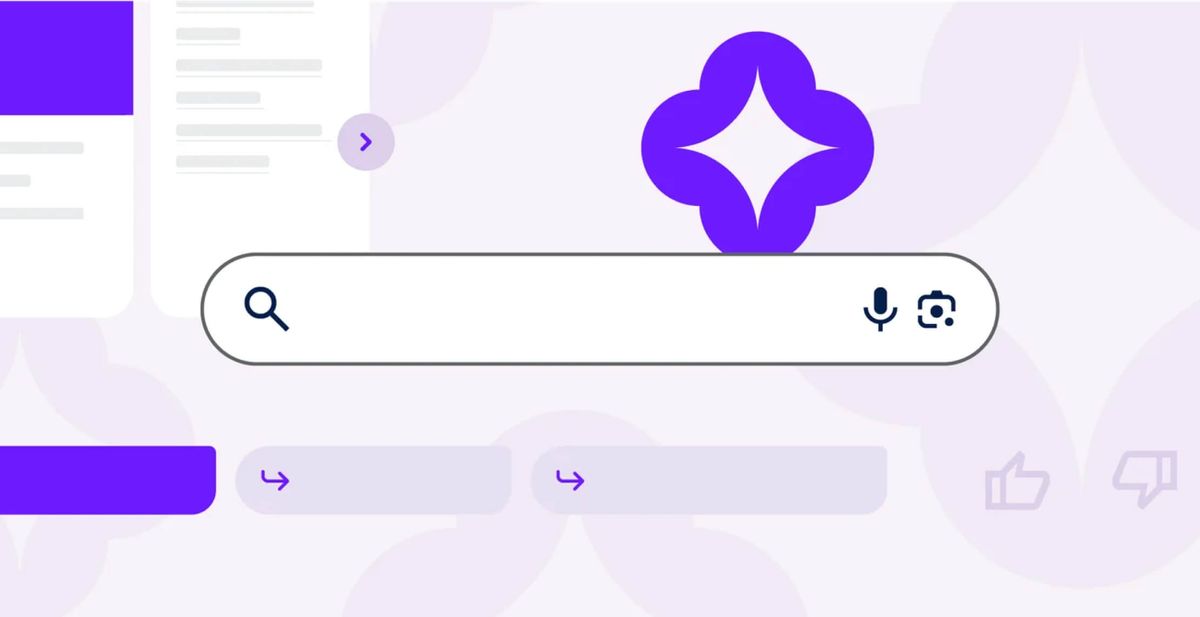
Google has recently revealed a series of updates aimed at enhancing its generative AI-powered Search experience (SGE). Promising a more streamlined, visual, and rapid access to data, these updates underline Google's commitment to improving the way users engage with the vast digital landscape.
SGE provides a helpful way to quickly acquaint users with new topics, source answers to specific queries, or discover products and recommendations. These capabilities, augmented by related articles to facilitate deeper exploration, are continually refined to deliver more user-friendly experiences. The recent round of enhancements includes three key updates.
The first major update involves the integration of images and videos into the AI-powered overviews. The visual cues offer users a more holistic understanding of the subject matter at hand. For instance, if a user searches "tiniest birds of prey," they are not only presented with the relevant information but also images for a clearer reference. Similarly, topics that benefit from dynamic visual content, such as yoga poses or stain removal techniques, will soon include relevant video content, making information consumption more intuitive and practical.
Secondly, Google has substantially cut down the time taken to generate these AI overviews. The recent improvements have reportedly halved the time required to generate the AI synopses. With the commitment to continual refinement, users can expect even quicker response times in the future.
Lastly, Google aims to enhance the overall learning experience by giving users a better understanding of the recency of the information presented. This is achieved by adding publish dates to the links embedded within the AI overviews. The goal is to assist users in discerning how up-to-date the information from the linked web pages is. Google has also hinted at ongoing experiments designed to improve the discoverability of web pages that substantiate the information contained in AI overviews.
With these latest advancements, Google shows it is actively striving to turn its experimental generative AI feature into an increasingly valuable and integral part of its search product. By combining the comprehensive breadth of the web with AI's ability to synthesize key insights, Google hopes to provide a search experience that helps users efficiently find and understand information. The upgrades suggest this technology could soon transition from an intriguing side project into a core search staple.
However, concerns remain around topics like bias, factuality and citation use in generative systems. As Google rolls out such capabilities to its billion-plus search users, it will need to diligently address these challenges. The company has an opportunity to set standards and best practices as one of the first major consumer services to integrate generative AI. How Google navigates issues surrounding transparency, attribution and responsibility with this technology will be closely watched.
For now, users can try out the enhanced generative search experience by enabling "Search with generative AI" in Google's Search Labs. While not yet perfect, these latest upgrades provide a glimpse into a future where AI and search interact seamlessly to provide rapid, multimedia insights. Google's ambition is clear: to build a search engine that goes beyond retrieving relevant web pages, to providing answers in context for its users.

